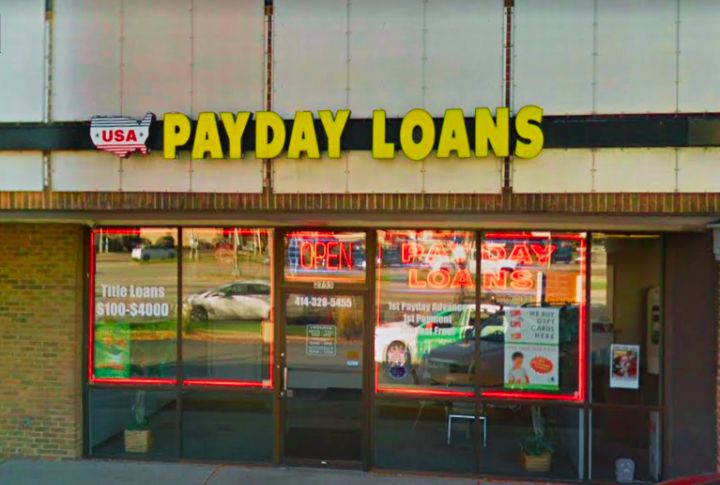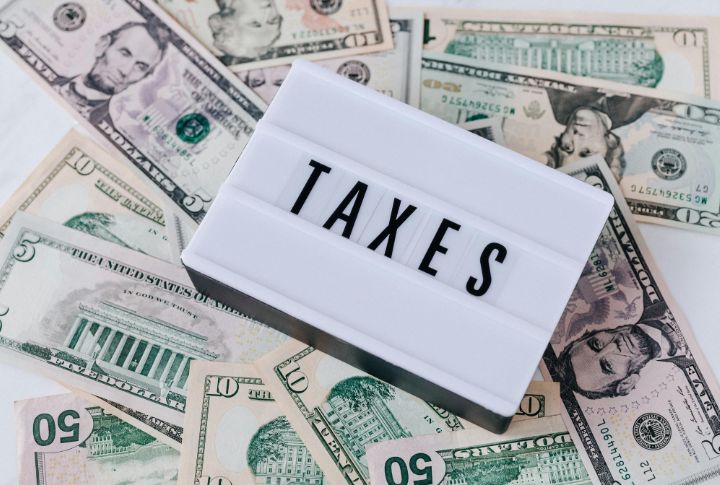
Money problems rarely happen by accident. Banks and governments have systems in place that quietly complicate financial life, making it harder to get ahead. Subtle policies, hidden fees, and clever traps slowly drain resources without most people noticing. The impact is real, even if invisible. Want to reveal the hidden forces shaping your struggles? Here are 10 ways your finances are subtly trapped.
Predatory Lending Practices

Payday lenders and banks often target individuals struggling with financial difficulties by offering high-interest loans. These loans trap low-income borrowers in a cycle of debt. Some payday loans even have APRs as high as 662%, according to the Center for Responsible Lending (CRL). In fact, many people are forced to borrow more just to pay off the previous loan.
Government Tax Policies That Favor The Rich

You’ve probably heard the saying that the rich keep getting richer. Tax codes often make sure of it. Loopholes, incentives, and lower rates on investments all work in their favor. Meanwhile, the average worker shoulders a heavier load, watching the system reward wealth instead of labor.
Student Loan Debt Crisis

Student loans create a financial trap that follows you for decades. High interest rates and hidden fees keep you paying long after graduation. Many graduates put off buying homes, starting families, or even getting reliable transportation because they’re drowning in educational debt.
Hidden Bank Fees

Banks love surprises—too bad they’re never good ones. That “convenient” cash withdrawal from a non-network ATM? That’ll cost you. Accidentally dip below your balance? That’ll cost you too. Hidden fees are like bad roommates: they move in quietly and empty your wallet before you even notice.
Monopolies In The Financial Industry

When it comes to your money, a few big banks hold all the cards. They control the market, which means high prices for services. And borrowers are stuck with tough terms because of their monopolistic power. To make matters worse, these large banks often have hidden connections to other industries, leaving smaller banks behind.
The Debt Cycle Of Credit Cards

It’s common for people to lean on credit cards for routine purchases, but those high interest rates make it tough to pay off the balance. The debt compounds quickly, and before you know it, it feels like it’s spiraling out of control. With many households carrying thousands in credit card debt, financial independence becomes harder
Corporate Lobbying And Influence

Big corporations have a way of getting what they want, don’t they? They spend tons on lobbying to shape policies that favor them. Meanwhile, everyday people get left with fewer resources. The financial sector is especially culpable, pushing for regulations that benefit them, often blocking policies that could actually help lower-income individuals.
Limited Access To Credit For Low-Income Families

Low-income families often struggle to access affordable credit, particularly during times of financial emergency. Even with steady jobs or income, credit institutions tend to offer fewer loans to those with lower incomes. This leads many to rely on payday loans or high-interest subprime credit cards, which is even harder.
Low Investment Returns For Average Savers

That “safe” savings account? It’s not growing—it’s shrinking in disguise, because inflation is running laps around it. While your money sits safely, its purchasing power actually decreases over time. This makes it harder for average earners to build real wealth and achieve long-term financial goals, such as homeownership or retirement, further out of reach.
Aggressive Marketing Of High-Fee Financial Products

Banks and financial companies often promote products with high fees, such as mutual funds, insurance add-ons, or payday alternatives. These costly options gradually erode your savings and investment returns. In fact, many people don’t fully understand the charges, which makes growing wealth much harder over time.
